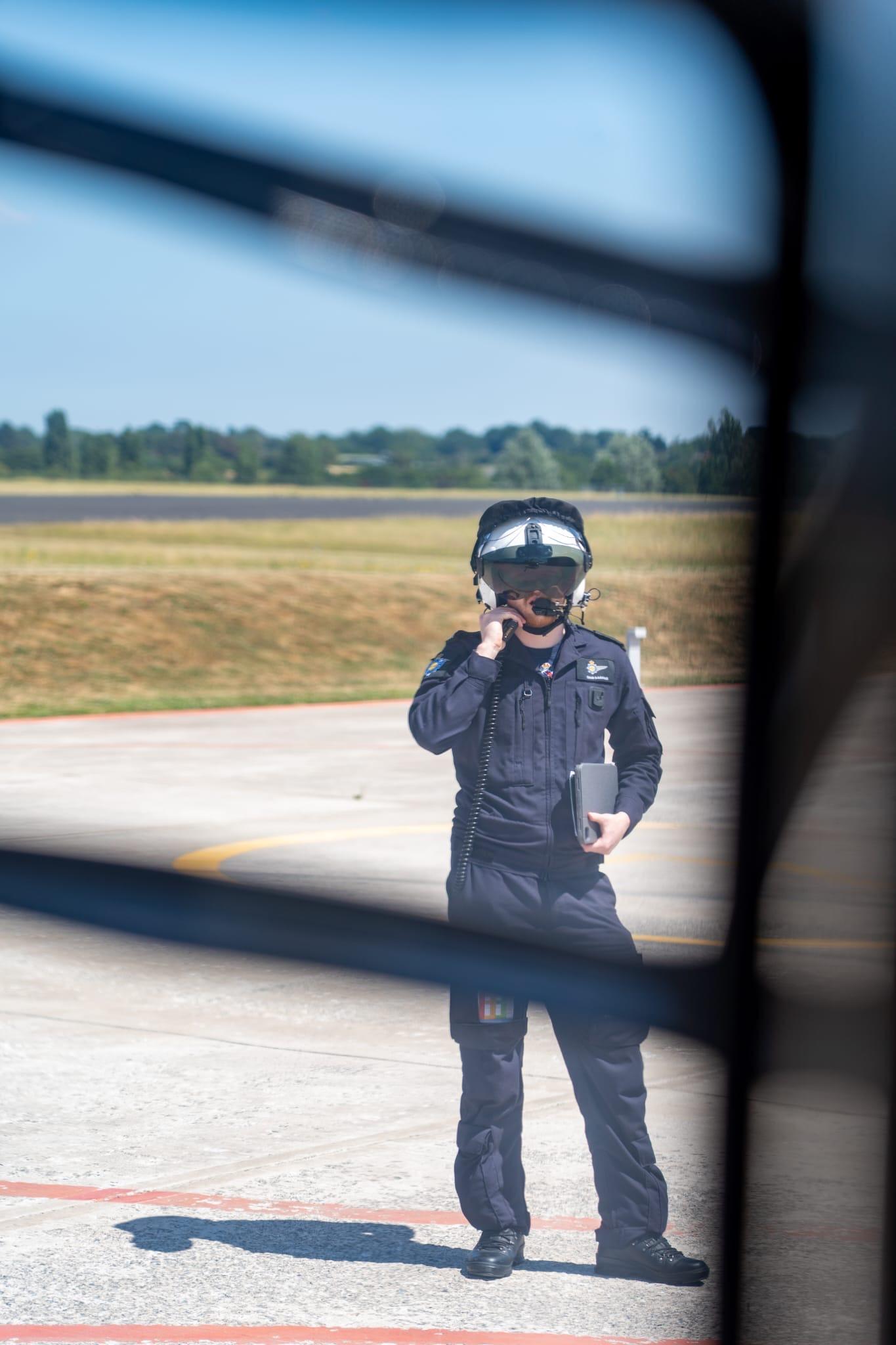IATA calls for transformation in air cargo

The global air cargo sector continues to face a difficult business environment. The anemic growth experienced since 2010 continued in 2015 with a 1.9% expansion of volumes. And yields have contracted each year since 2012. IATA estimates that volume growth will increase to 3.0% in 2016. Under pressure from integrators, competing modes of transport (land and sea) and increased cargo capacity in the passenger fleet, yields are expected to fall a further 5.5% in 2016.
“Air cargo continues to be a challenging environment for airlines to keep revenues ahead of costs. The business, however, generates enormous value. Over a third of goods traded internationally—measured by value—are delivered by air cargo. To do that profitably, the air cargo sector must bolster its key strengths of speed and flexibility with modern processes and improved quality. That means transformation,” said Tony Tyler, IATA’s Director General and CEO.
“Compared to other modes of shipping, air cargo is a premium service. Yet shippers give the industry a satisfaction rating of only seven out of 10 on average. That is not good enough. The industry must raise the service quality of air cargo and provide a more personalized customer service,” said Tyler.
Tyler questioned why cargo has not undergone the same thorough transformation process that has reinvigorated the passenger side of the business. “Developments like e-tickets, bar-coded boarding passes, airport self-check-in kiosks and inflight Wi-Fi have transformed the passenger experience. Is it a coincidence that after a decade of change, load factors are at record highs and airlines are finally rewarding their investors with adequate returns? We need similar breakthroughs on the cargo side of the business. There are lots of potential disruptors out there—data-sharing platforms, new market entrants, or e-commerce. The challenge is to stay a step ahead in satisfying customer expectations,” said Tyler.
Paperless processes and customized services are critical to the sector’s future. The foundations are being built but challenges remain:
• The pace of adoption of the e-Air Waybill (e-AWB) must accelerate. As of the end of 2015, e-AWB penetration stood at 36%. To speed this up, the industry, through IATA, is engaging governments and airports to achieve targeted initiatives.
• There are still concerns over the quality of service for time- and temperature-controlled shipments, especially pharmaceuticals. Patient safety is a key concern and compliance certification programs (such as the CEIV Pharma initiative) are a step in the right direction. But the breadth of adoption must evolve quickly for shippers to have full confidence in the system.
In both of these examples, teamwork is the critical element. “The value of air cargo is so great because it is a team effort. Only if the different participants in the air cargo value chain pull together behind a common vision will the industry thrive in the coming decades. If the air cargo business can stay focused on the customer, delivering a reliable, high-quality service at a competitive price, and build on the speed and flexibility for which air freight is renowned, then this business will not only survive but prosper,” Tyler said.
Tyler also noted that teamwork will be critical in resolving issues around the shipping of lithium-ion batteries. In February 2016 the International Civil Aviation Organization (ICAO) temporarily banned shipments of lithium-ion batteries as cargo on passenger flights, pending the development of a fire-resistant packaging standard. Some 400 million lithium-ion batteries are produced each week. Safety concerns arise from several areas: irregular manufacture, mislabeling and improper packing, including non-compliance with dangerous goods regulations and the IATA Lithium Battery Shipping Guidelines.
“Safety is the top priority. Banning lithium-ion batteries from air freight does not solve the issue of counterfeit or non-declared goods. The issue lies with the lack of enforcement of the regulations by governments. So it is essential that authorities redouble their efforts to enforce the regulations and close the loopholes that prevent prosecutions of serial offenders,” said Tyler.













